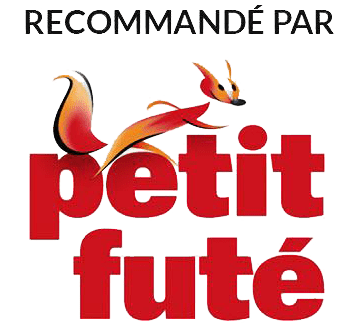south sudan
A Day with the Jie/Jiye Tribe of South Sudan
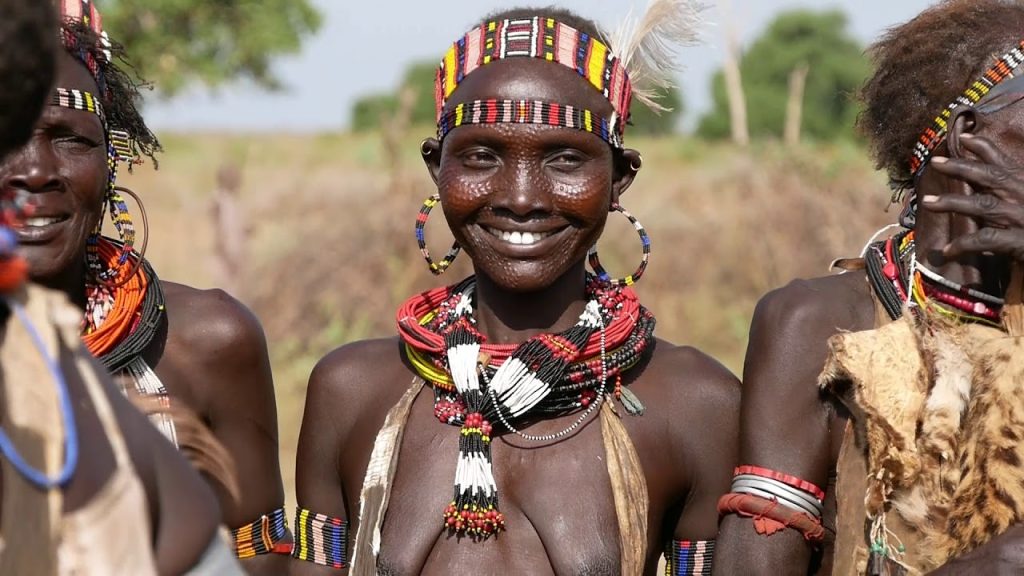
Our day started in Juba where we took a small aircraft to Kapoeta airfield. It’s not really an airfield because you won’t find the staff here, It’s just a dusty runway and as soon as the aircraft came to a complete stop, our crew/team of guides were out waiting to transfer 90km to Jie / Jiye tribe villages called Nyere in the local language.
The 90 Km rather took us between 5 – 6 hours camping at a former base of the Carter Centre. As soon as we arrived, cold beers were served, cameras were prepared and we went to explore a nearby Jie / Jiye Village.
What is it like to be in the Jie/Jiye tribe of south sudan
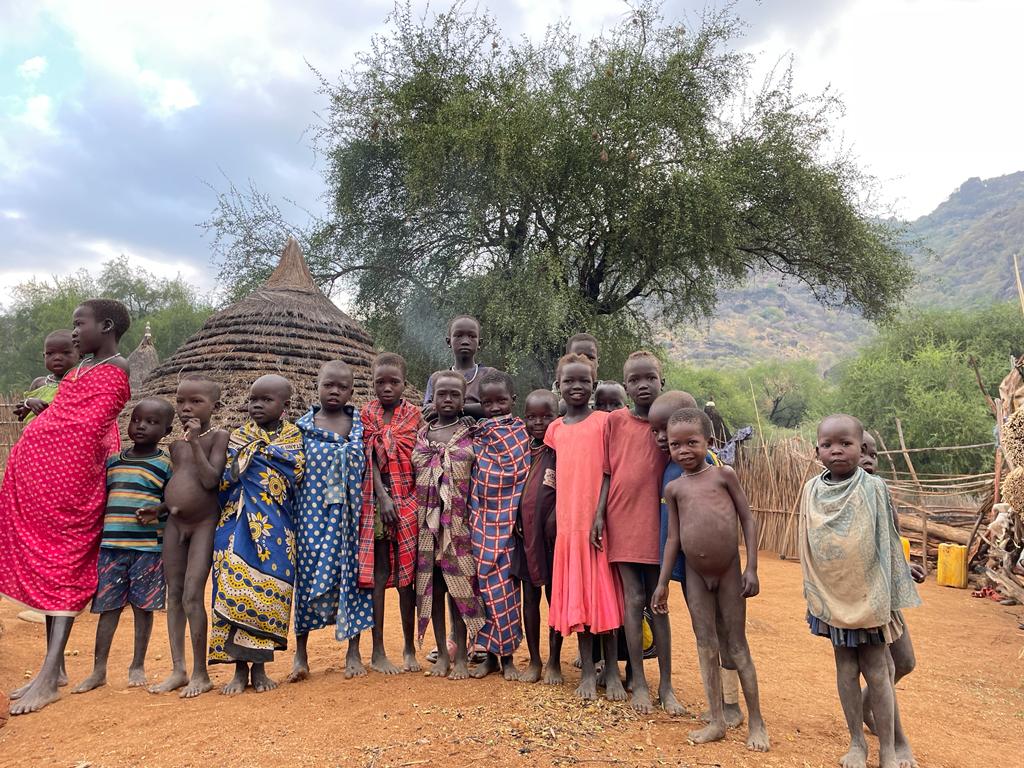
The Jie/jiye tribe of South Sudan were unbothered by the presence of visitors into their community and in fact they are super friendly and welcoming. The kids are running around naked and super curious looking at visitors and funny part if that the moment you look at them, they tend to shy away while the adults went on with their daily lives. There is a big sense of community and a lot of activities are done communally.
A normal Jie / Jiye village has about 1000 to 15000 people and inside the villages are extended families with men on the top of the family. The village is led by a village chief who is also led by the deputy chief and on top of the Jie / Tribe communities are the paramount chief who are the overall bosses of every community. The jie are in very remote areas with a total disconnection from the world.
Dogs play a vital role in the society of Jie / Jiye tribe. They are their best friends, when it comes to protection and hunting. Our dogs will smell the enemies from far, raiders from different communities tend to steal our cows. This dog you see here will bark at night to alert me to wake up and get prepared to fight the raiders’’ Says Lomong White Bull a member of Lopet community in Jie / Jiye South Sudan
Life in the Jie/Jiye tribe of south sudan
During the rainy season, the women and young girls are seen practicing small scale farming of tobacco, millet, sorghum and maize which is used as food, making beers and sort of medium of exchange. Our Translator explained that once one is sick, they tend to give away some of the sorghum to the traditional medicine men as offertory for solving their sickness both spiritual and physical.
Women are responsible for havesting food and store it in small huts made out of grass, sticks and cow droppings called Nyachebe the raised one, Nyakero the ones that are bit raised and the Nyaluoi that are usually on the ground. Grains can stay for as long as two years in these stores
Jie / Jiye people love to drink!!, men and young boys are seen drinking local beers made out of sorghum and playing traditional chess. Children are prohibited from standing next to the adults while they are discussing or having drinks. Just like many other traditional African Societies, its seen as a symbol of disrespecting elders and you will see children being chased away by the adults
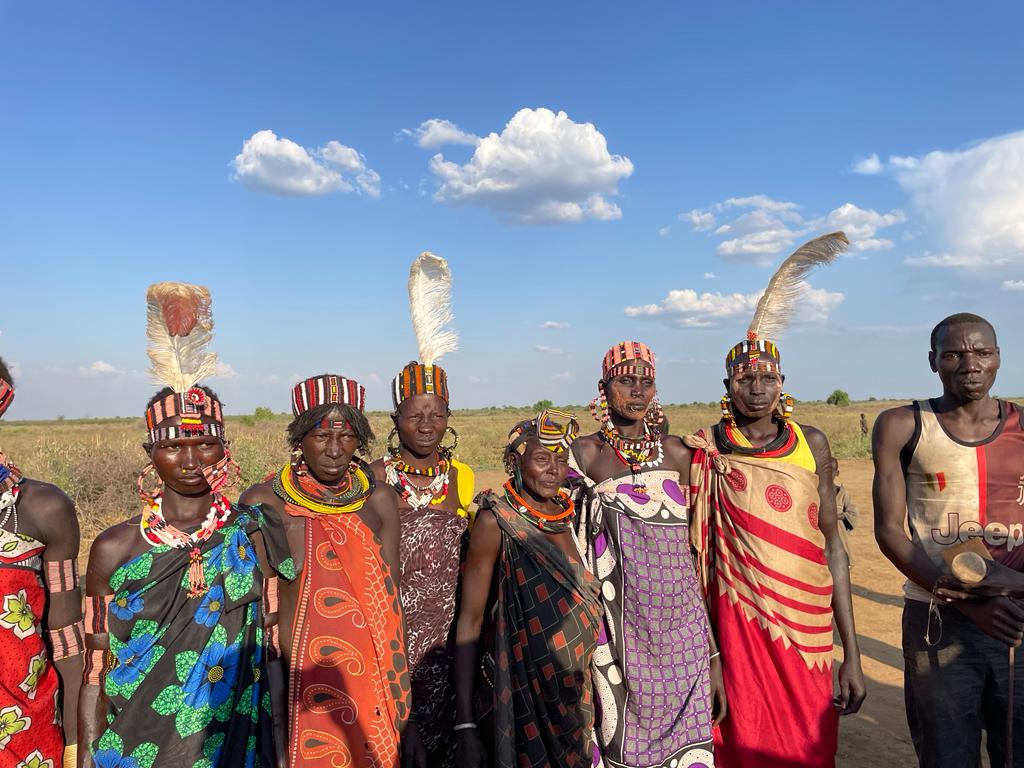
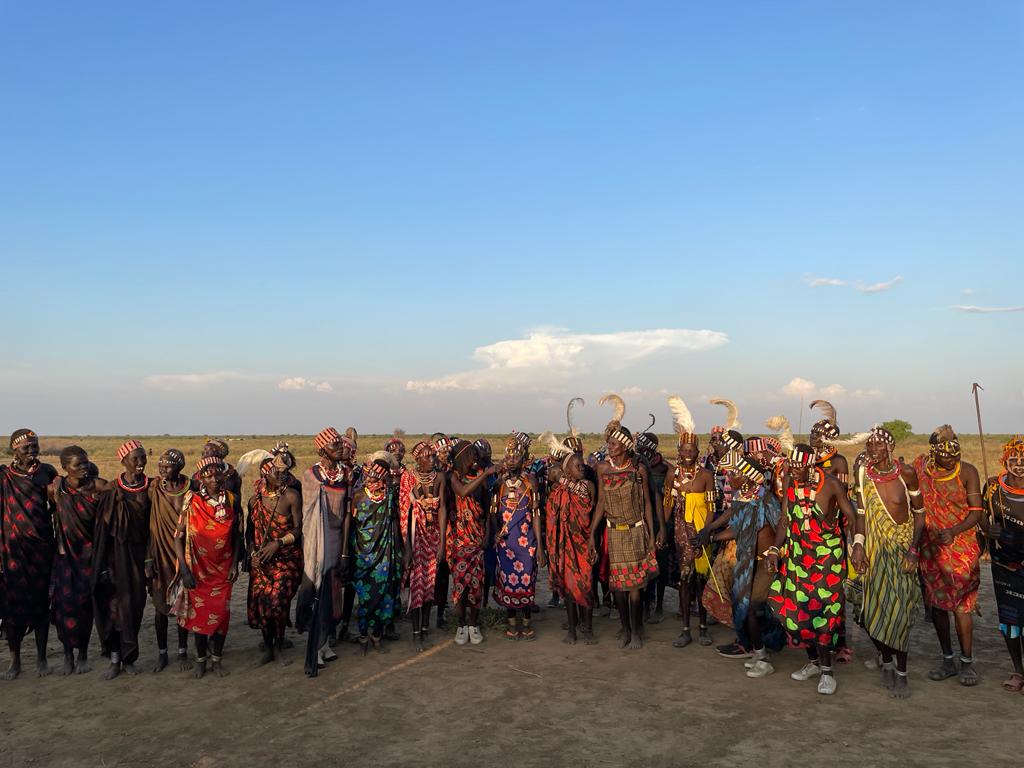
It is boys’ men’s responsibility to take care of the cattle and goats, boys are introduced to cattle keeping at an early stage and are often seen with their fathers looking for lost animals, grazing etc. Once boys grow to around the age of 12, they will be taken to the Cattle camps that are usually very far from the villages and reaching them could take one 3 days of walking in the bush. Cattle camps are moving camps with thousands of animals and heavily armed men with AK47s who are usually in search of green pastures and water for the animals. Taking care of animals is a difficult task and involves migrating from one area to another and sleeping outside in the bushes.
Contrary to many societies in the world, women here are the ones doing the house construction and local beers are served to those who come to help a fellow woman during the house construction.Hunting of wild animals and gathering of fruits is very widely practiced currently despite the fact that it is illegal in the South Sudanese laws. ” The government is very far in Juba or Kapoeta, we kill a few animals and eat them while pointing at an antelope skin, others are left so as to give birth so that we have food future. We won’t finish them” says one of the community members who prefer to stay anonymous.
One of the community members told me that during the great animals immigration that happens between March to August, they tend to hunt some of the animals passing their villages because they are very many in numbers. It should be noted that South Sudan has one of the world’s biggest animal and wildlife migrations apart from that of Tanzania and Kenya. Every year, Millions of gazelles and other wildlife migrate from Bandigilo National Park to Boma National Park in search of water and fresh pastures.
Children don’t go to school but they are thought life skills and gender roles at a very early age boys being the cattle grazzers while girls doing farming and taking care of the family. Jie / Jiye People love to dance they have special dances for every event were also sacrifices of animals like is done. They dance to celebrate events like full moon, marriage, harvest and beer is served to the community members in plenty. Land is owned communally and land usage is authorized by the community chief of whom one should seek permission from.
Jie / Jiye people have a lot of body ornaments and jewelry that usually signifies something special to them. One woman in the Nyere (Village) told me that her head jewelry meant a giraffe an animal that she loves most. Walking through the Nyere you will realize that most women are beautifully dressed in their jewelry.
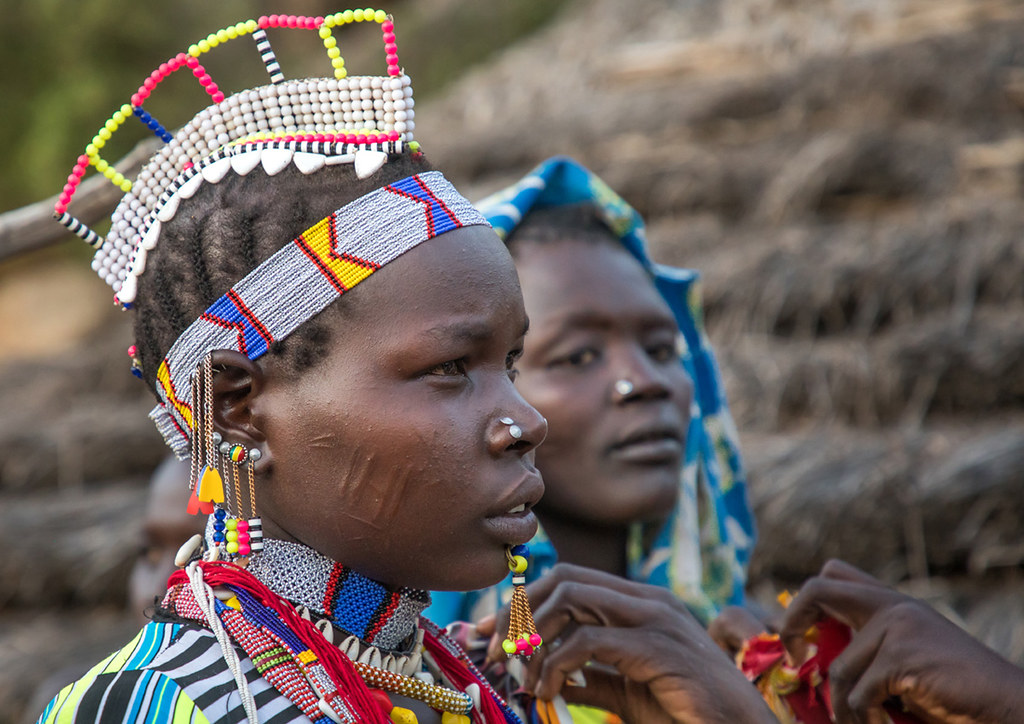
Jie / Jiye people are armed with Ak47s and when I asked their leader where these guns are got from, he told me that these guns are got from different raids they carry out in different communities, stealing guns from the government by former soldiers who tend to leave duty and go back to their villages and others are got from the neighboring Ethiopia. By offering one cow, you can easily get yourself a gun. Guns here cost about 250$ and readily available in Turkana communities in Kenya, Murle in Ethiopia and different communities in South Sudan.
Communication here is like it was 1000s of years back!! No phone reception at all. You’re literally cut off the world and news is difficult to spread. The usually walk about 87 km to the neighboring Kapoeta town to be able to get a phone signal for those who even can have a phone. We really enjoyed this sort of detoxing and total disconnection from the world. Usually people meet in small villages to share news and updates of what’s happening elsewhere. That was a recup of our day with the jie/Jiye tribe in South Sudan.
The body markings are regarded
AS A SIGN OF BEAUTY AND STRENGTH
How is law and order kept in Jie / Jiye Communities far away from the government?
Villages (Nyere) are led by the chiefs and these are responsible to resolve all the conflicts that have remained unsolved on a family level. If he fails, the case is forwarded to the Jiye Paramount Chief who we are told will always find the solution for the conflicting parties. There is no court here or police or any sign of government presence whatsoever.
common crimes in the Jiye Community and their punishments
Adultery or sleeping with another man’s wife is punishable by 14 cows and in case the woman got pregnant from cheating, the man will have to pay 14 cows to the husband of the woman and the child will also go to the husband by the Jie law.
If a boy impregnates an unmarried girl, he will be finned 7 cows and after that, a forced marriage is arranged, where the boy will still pay an extra 14 cows as a bride price. Each cow cost between 250$ to 300$
Stealing- If one steals another’s cow, they will be forced to pay 3 cows and in case of one stealing 1 goat, they must pay 6 goats as a fine



